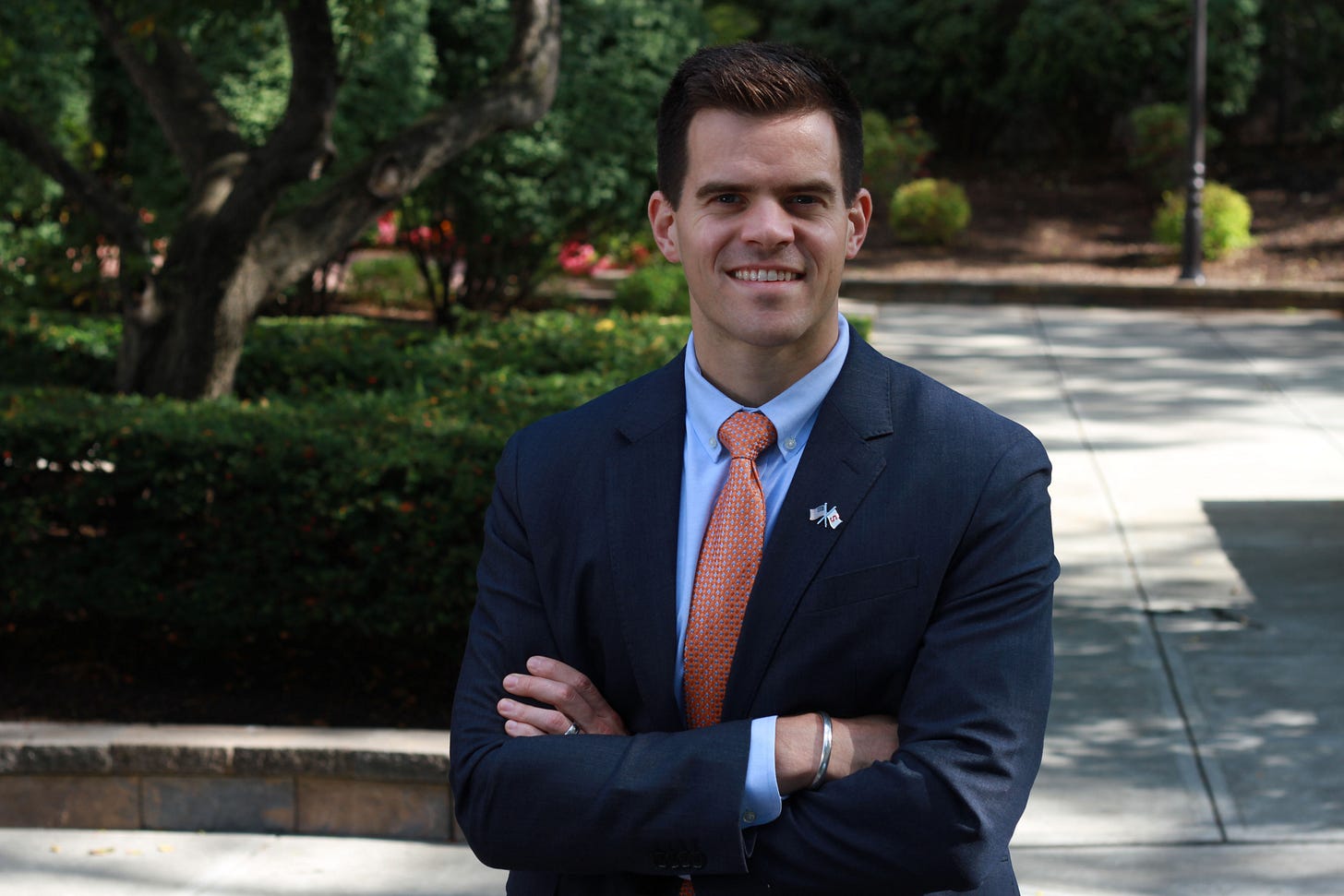Dear Dad,
Eating fat does not make you fat. Let me explain. Remember the last time that you flew on a plane?
There are two types of packers. People who meticulously plan out their outfits, fold them nicely, and fill their suitcase like a Tetris grid. Then there are those (not naming names) who shove everything in and kneel on the bag as they struggle to zip it shut.
In the same way there are two types of eaters. Those who have a plan for how they eat, are particular about the types of food, the nutrients, amount, and taste; and then, there are those who mindlessly eat the snacks left on the counter, the samples passed at the grocery store, or the dessert because it’s the final step of the meal. Certainly, this is an over-generalization and there’s a spectrum, but you get the point.
Further, when you travel by airplane, your suitcases store luggage similar to the way your body stores calories. First, you aim to fill your carry-on luggage. Seamless travel happens most often when you can rely solely on a carry-on suitcase. You can easily access its contents, it’s lightweight, and costs nothing. A piece of carry-on luggage is similar to your body’s “glycogen stores.” Glycogen is your body’s preferred form of energy storage when calories that you eat are not immediately needed. Your body can hold about 1600 calories in the form of glycogen at a time to be accessed later when energy is needed.[1]
Once glycogen stores are filled, your body will begin to utilize a larger storage system: fat molecules. Fat molecules are like a checked-bag, useful after your carry-on is full and your glycogen is fully stalked. It’s rarely (if ever) a good idea to nonchalantly stuff a checked-bag, or two or three. Like a checked-bag, energy stored in fat cells are less accessible than if stored in glycogen because burning fat for energy is not the most efficient way to power your body. Every person—skinny, medium, or large—has ample fat stored on their body. An average person has roughly 90,000 calories worth of energy stored in their fat molecules! (Why we can live about 45 days with no food before starving, 90,000/2,000 [avg. cals. burned per day] = 45 days).
There is a fixed number of fat cells in your body and like a suitcase there is a limit to how far these cells can expand. At a point the seams get stretched too tight and more storage space is needed. Once fat cells are expanded to their brink, the next place your body will store fat is around your organs.[2] This is bad. Fat stored around your organs slowly begins to suffocate them, for lack of a more scientific description. When I wrote that over 2/3 of the adult population in the U.S. is overweight or obese, this means that roughly 2/3 of the adult population has organs fighting for their lives as they get squeezed by excess fat.
Storing calories as fat is not inherently bad, but actually necessary to an extent. If you’re following aptly along, you get the idea. Fat cells expand when they are filled with extra calories that are not immediately needed and glycogen stores are already full. Having energy available in these fat molecules is natural and part of healthy living. But, consistently eating more calories than your body needs will slowly make you fatter, and eventually cause your body to store fat where it shouldn’t.
Back to my opening proposition. Eating fat doesn’t make you fat. Fat filled foods may also be rich in essential nutrients. Dietary fat supports brain health, metabolism, and can act as necessary nutrient transporters throughout your body. However, with each nutrient you consume there is a countervailing caloric cost. And fat is costly. Up until a certain threshold calories are necessary to provide the energy you need in a day which differs from person to person and is closely correlated to your activity level. But, calories consumed in excess will wreak havoc on your organs without providing additional benefits. It’s not aesthetic, it’s health.
Here, one of the most crucial concepts of nutrition and weight management comes into play. A term that will be the focus of next week’s letter: caloric density.
What’s important for now is that you don’t over-pack. A stuffed bag is heavy to lug around, makes travel less convenient, and can lead to a full array of traveling hassles. In a fortunate life where food isn’t scarce, it’ best to travel light.
With Love,
JSR





Love the luggage analogy!